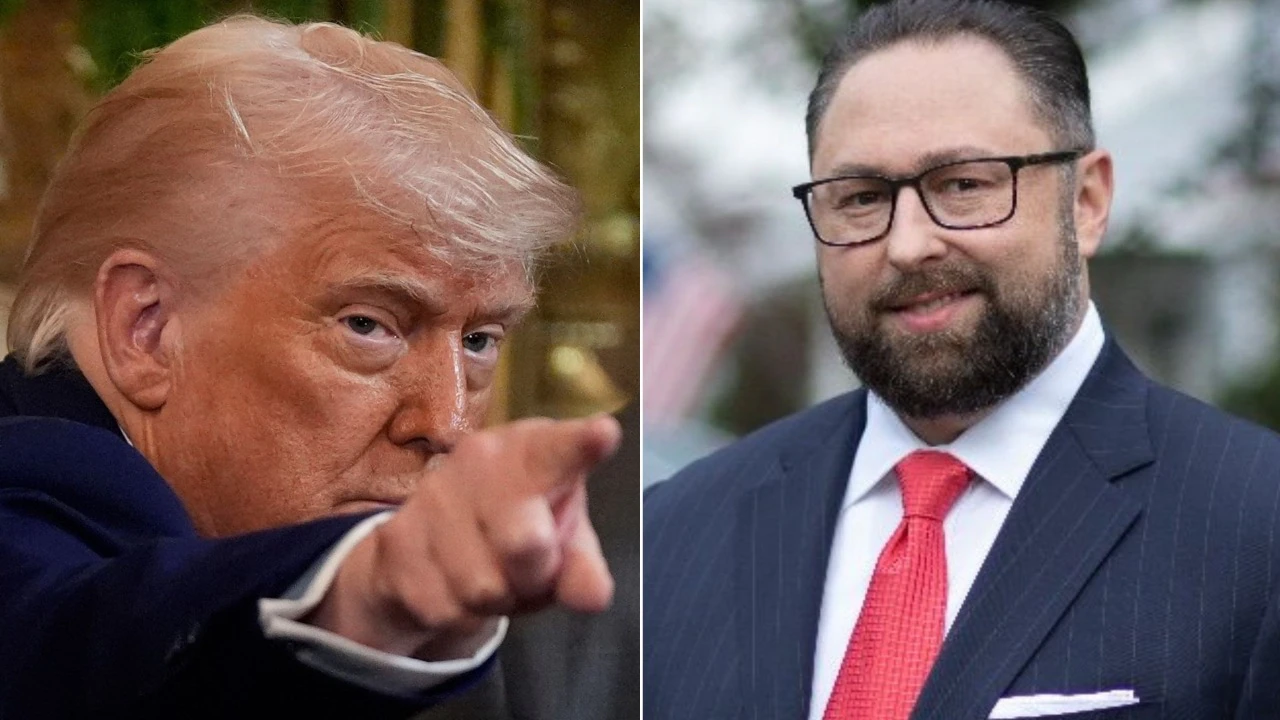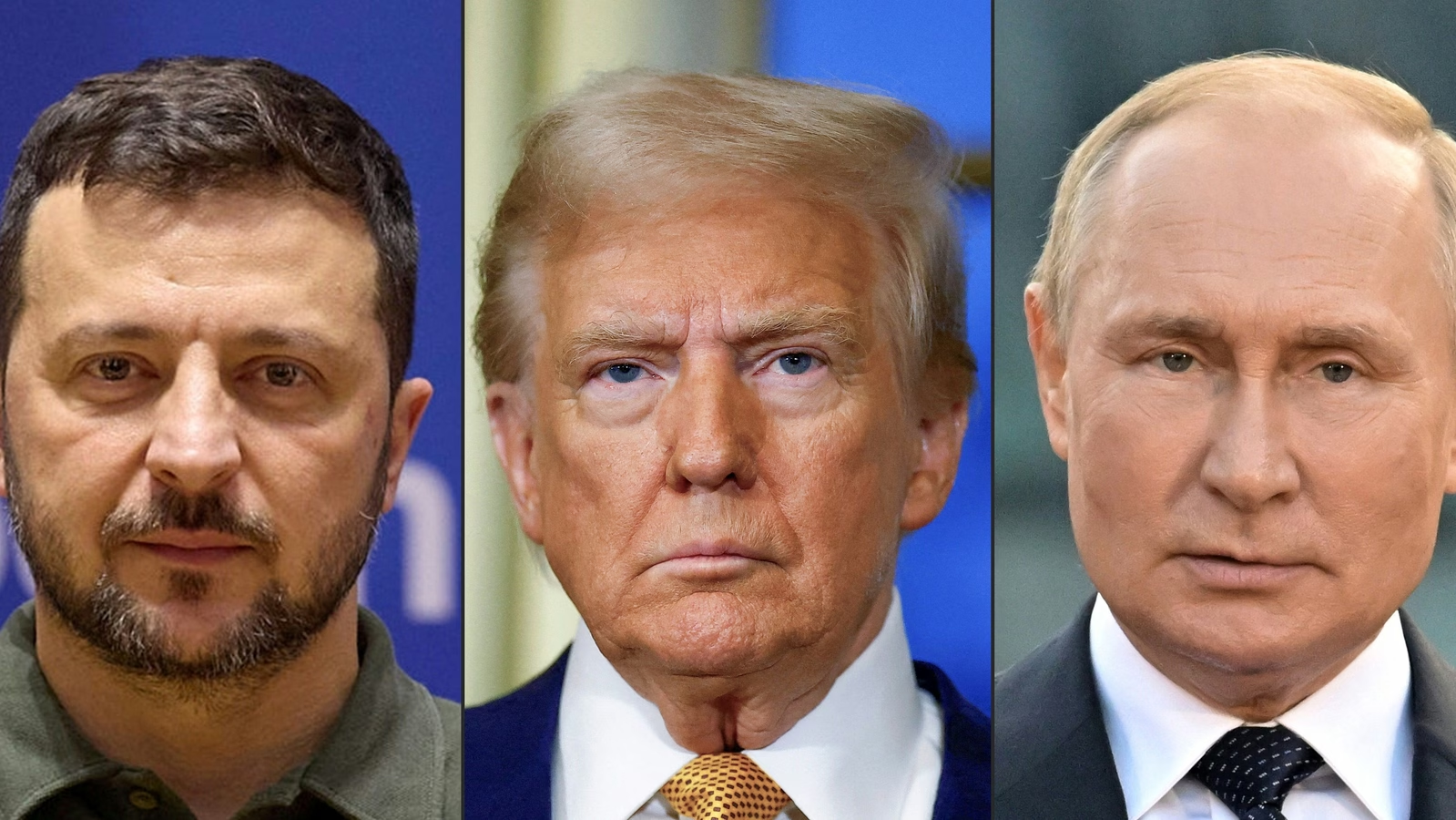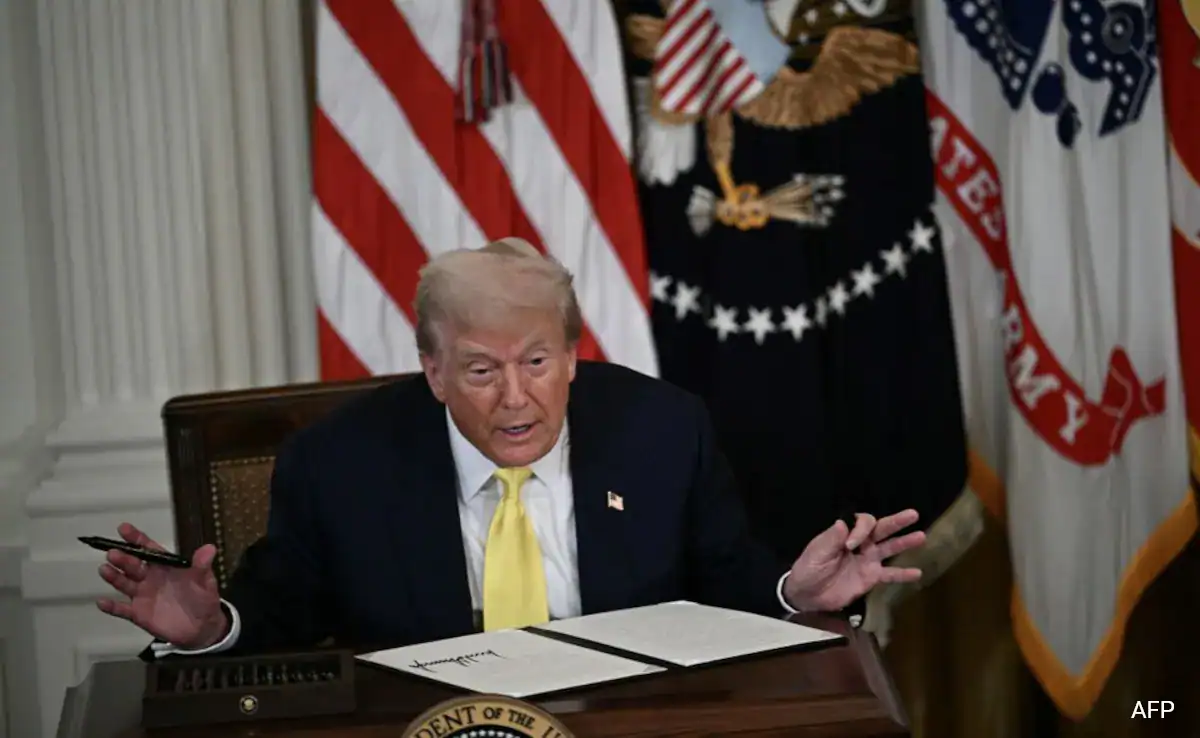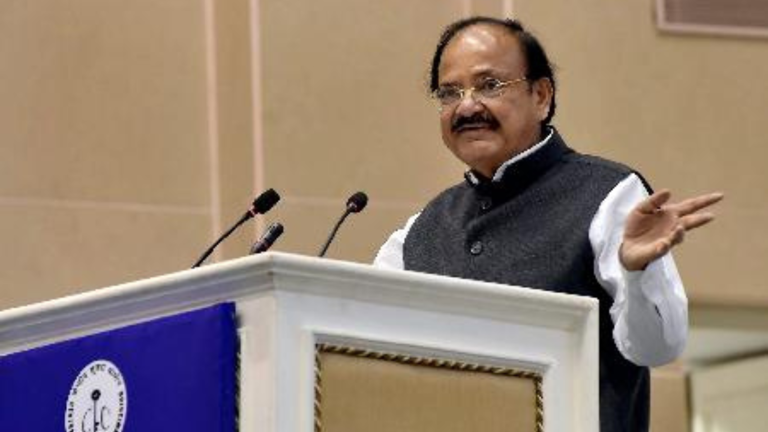
Miller vs Schiller Understanding Highlights
In the world of political analysis and advocacy surrounding former President Donald Trump, few debates have ignited as much curiosity as the question of who can truly understand and interpret Trump’s persona, strategies, and ideology better. Recent high-profile discussions and evaluations have brought to light two key figures: Miller and Schiller. Both have gained notoriety for their perspectives on Trump, but the question remains: who is the real ‘Trump whisperer’?
Understanding the Contenders: Miller and Schiller
Who is Miller?
Miller, an influential political strategist and commentator, has built a reputation for his direct, often unapologetic approach towards Donald Trump. Known for his sharp insights and keen understanding of Trump’s behavior and communication style, Miller often emphasizes the importance of authenticity—arguing that Trump’s success partly stems from his refusal to conform to traditional political norms. His analysis tends to focus on how Trump manipulates media, leverages populist sentiments, and maintains a strong outsider appeal.
Who is Schiller?
On the other hand, Schiller, a renowned political analyst and historian, offers a more nuanced interpretation of Trump’s actions and motives. He approaches Trump through a lens of historical context, exploring deeper psychological and societal factors that shape his behavior. Schiller’s insights often delve into the strategic depths of Trump’s decisions, emphasizing understanding Trump’s emotional and mental frameworks to truly decode his moves. His approach suggests that understanding Trump requires empathy and a comprehensive grasp of the complex fabric of his personality.
The Core Debate: Authenticity vs. Strategy
The Miller Perspective: Trump as the Authentic Outsider
Miller’s analysis revolves around the idea that Trump’s success is rooted in his authenticity. He believes that Trump’s ability to connect with the average voter stems from his unfiltered personality and rejection of political correctness. Miller often champions the notion that if one understands Trump as an outsider embracing his raw persona, they can better predict his actions and political maneuvers.
- Media Manipulation: Miller argues that Trump’s mastery lies in understanding the power of media and social platforms to communicate directly with his base.
- Populist Appeal: He emphasizes that Trump’s populist messaging resonates because it taps into real frustrations within America’s working class.
- Rejection of Political Norms: Miller sees Trump’s outsider status as a strategic advantage, allowing him to break traditional political boundaries effectively.
The Schiller Perspective: Trump as a Psychologically Complex Figure
Schiller posits that understanding Trump entails deciphering his psychological makeup and emotional drivers. He maintains that Trump’s unpredictability is often a reflection of deeper inner workings—ego, fears, ambitions—that must be understood empathetically.
- Psychological Analysis: Schiller emphasizes the importance of recognizing Trump’s narcissism and his need for validation as essential to understanding his decisions.
- Historical Context: He compares Trump’s behavior with historical leaders and outsiders who challenge the system, gaining insight into his strategic motives.
- Emotional Intelligence: Schiller advocates that mastery of Trump’s charisma requires a grasp of his emotional triggers and how they influence public perception.
Who Truly Has the Edge?
The question of who is the true ‘Trump whisperer’ depends largely on what perspective one values more. Miller’s approach offers a pragmatic, media-savvy view that equips followers with tools to predict and counter Trump’s populist tactics. Schiller’s analysis presents a deeper, psychological understanding, revealing insights into Trump’s long-term motivations and internal struggles.
Key Differences in Their Approaches
- Miller: Focuses on external behaviors, media tactics, and strategic messaging.
- Schiller: Emphasizes internal psychological states, emotions, and personal history.
Impact on Political Strategies and Public Perception
Both perspectives have significant implications for political insiders, opponents, and even Trump himself. Miller’s insights can be effectively used to craft messaging and counter-strategies, while Schiller’s understanding can aid in predicting Trump’s future moves by understanding the root causes of his actions.
Why This Debate Matters
- It influences how political campaigns approach Trump supporters and opponents.
- It shapes media narratives—whether Trump is misunderstood or is intentionally manipulating perceptions.
- It impacts policymaking and diplomatic strategies involving Trump’s transition behaviors.
Conclusion: The Winner of the ‘Whisperer’ Debate
While both Miller and Schiller bring valuable perspectives to the table, the answer to who truly understands Trump best might lie in a hybrid approach. Recognizing the external tactics that Miller highlights, combined with Schiller’s insights into Trump’s psychological intricacies, provides the most comprehensive understanding. Ultimately, the title of ‘Trump whisperer’ may be more about the viewer’s perspective than a definitive label.
In a rapidly evolving political landscape, the key is adaptability—understanding Trump’s persona from multiple angles enables a strategic advantage, regardless of election cycles or political tides.
As we continue to analyze and interpret Trump’s actions, one thing remains clear: understanding such a complex figure requires more than surface-level insights—it demands nuanced, multifaceted perspectives.
Final Thoughts
Whether you align more with Miller’s pragmatic exterior approach or Schiller’s exploration of inner psychology, the ongoing debate underscores the importance of a layered understanding of political figures. As Trump’s influence persists, the need for insightful analysis only grows more critical.
For more updated news please keep visiting Prime News World.








